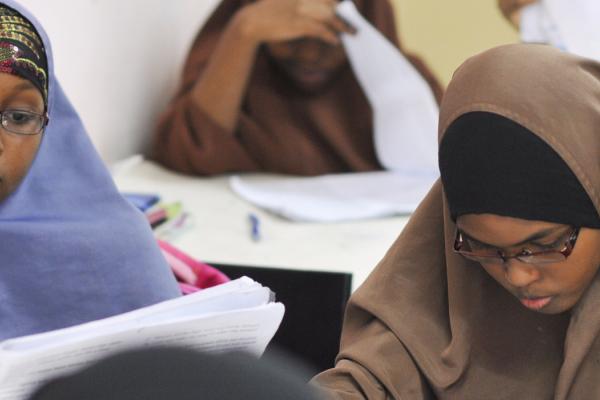Nov 7, 2016
For years after my experience working with UNHCR, I struggled with secondary trauma, with the heavy weight of so many terrible stories swirling in my mind, causing flashbacks, numbness, and anger. As UNHCR resettlement worker, I made decisions about the lives of war survivors and afterward I couldn’t shake the weight of power I wielded in that tiny interview room. But simply being a neighbor, a person who returns wrongly delivered mail and waves from across our picket fence, a person who delivers cookies at Christmas time and receives piping hot sambusas in return, has been healing for me. I count it as one of my life’s greatest joys to live next door to my Somali neighbors.
Read the Full Article

Already a subscriber? Login
